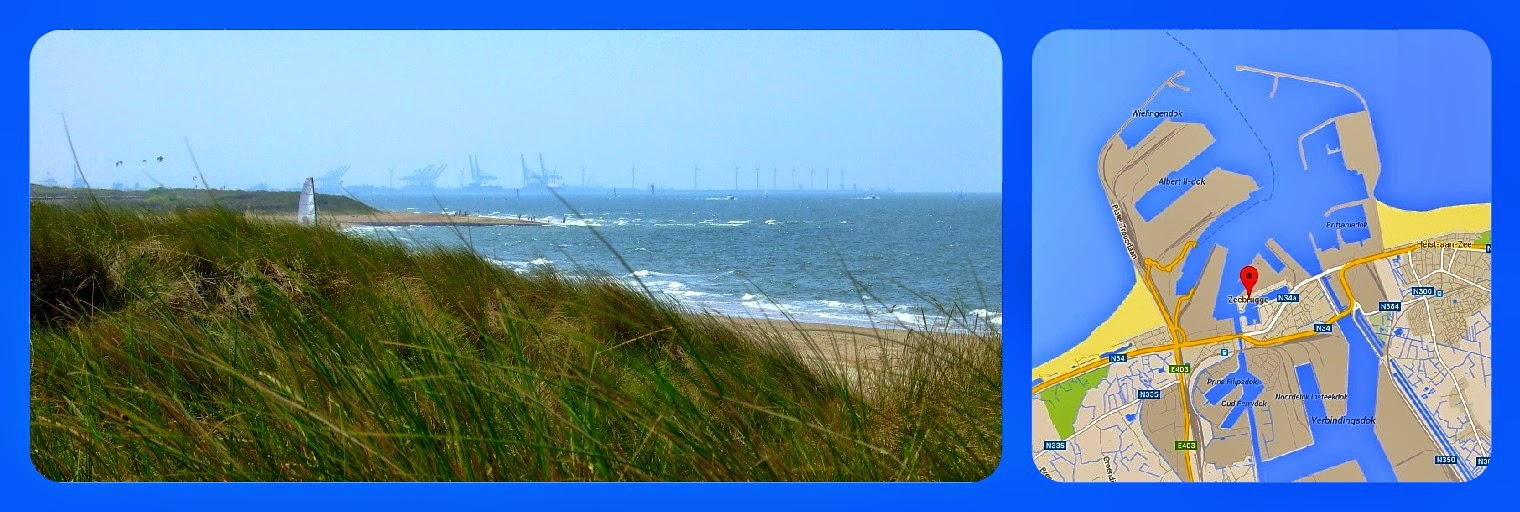Isis - a threat
Finally, there have been a few air strikes using drones by the Americans on Isis rebels while Europe, close by, looked and approved. As a result, thousands of people who were stuck on a mountain were saved . But, because of the strikes an American journalist was beheaded and thus we continue fighting Isis as we notice they are very extreme. And although Isis had to retreat in one region , around Baghdad they continue to advance . Iraqi's leaders replaced their weak and divisive PM Maliki as the West demanded (although it seems we first supported him so he could alienate a large proportion of his people and as a result they (Sunni) started to join the enemy) because we promised help ones the Iraqi would unite. But after they replaced their PM and beg us for help, we hesitate because we don't want to become involved again in another war in Iraq although helping one specific population may create even more tensions. But, we should realise the situation is differently as now Ir...



